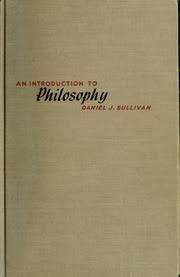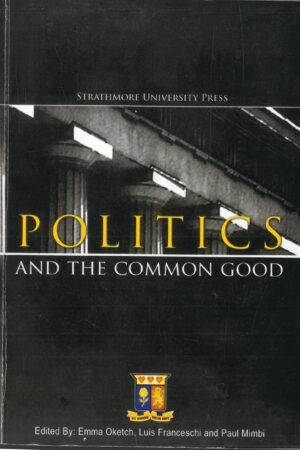You must be logged in to post a review.
The Overlooked Factor
KSh5,800.00
Author: Paul Mimbi
Man is the ultimate factor in all human endeavour. Even Adam Smith, often perceived as concerned only with economics and finance, believed that there was a natural order of human relationships stemming from man’s nature. This natural order, according to Smith, is beneficial in itself, and only comes to be distorted by repressive external institutions and political structures.
The very substance of human living lies in interpersonal relationships. Work, the workplace, and people at work are extremely complex. Even careful observers misread them… while others, under the influence of a mistaken perception of human nature, propose incorrect strategies and solutions. Our development economists seem to place too much emphasis on economic and management efficiency, important as it is, with no explicit role given to the most fundamental factor: the nature of man!, that is, the human nature we all share.
Furthermore, our moral reactions tend to have two factors. On one side, they are almost like instincts, comparable to our love for sweet things or our aversion to nauseous substances, or our fear of falling; on the other hand, they seem to involve claims, implicit or explicit, about the nature and status of human beings. From this second side, a moral reaction is an assent to, an affirmation of, a given ontology of the human person.
Adam Smith, who was above all a philosopher, would have agreed that we must assess man’s nature and reason for existence before we can prescribe a nice set of economic rules. What [is] man (identity, essence, nature)? Why man (goal, purpose, reason for existence)? How man (the right choice of means to our end)? Would the answers to these questions hold the key to our perplexity?
These notes attempt to unravel the mystery of man, seeking to understand the very root of his unity of being in all its human manifestations. The human being should be conceived not only as an atomistic individual, but also as a being whose nature implies coexistence, community (intersubjectivity). Being intensely engaged in relationship with another person is one of the greatest joys of being human. It is, perhaps, the most vital manifestation of consciousness and hence of the human problem. The view that sees relationship as fundamental (intersubjectivity or the second-person perspective) has taken centre stage in modern Personalism. Intersubjectivity is characterised by greater appreciation for feeling, emotion and experience, relationships, etc.
This book is about philosophical anthropology. It comprises three main parts. Part I explores human cognition and volition. It examines the sentient dimension of human existence: its characteristics; external and internal senses; and its sensitive tendencies. It probes human intelligence: its nature and object; and its reflexive capacity and it looks at language as a way of articulating thought. The book then tries to fathom the puzzling phenomenon of human willing and its attendant property of freedom.
Part II probes the concept of person and the powerful notion of intersubjectivity. More specifically, it attempts to scrutinise the idea of the person, from both the phenomenological and metaphysical points of view. It then explores the difficult problem of the psychosomatic unity of man as person (the mind-body problem) before moving on to all the existential ramifications of man as person, beginning with his sociability… Thus, Part III is about human praxis (his activity): his culture, his work and technology, his history….
With this book, we do not pretend to say the last word on the human mystery; rather we wish to bring to the attention of everyone that, part of the reason for the dismal performance of the current social, political and economic structures is the failure to recognize the centrality of the human factor.
10 in stock






Reviews
There are no reviews yet.